KYC • KYB • Solvency • AML: an instant, secure and responsible entry into a relationship

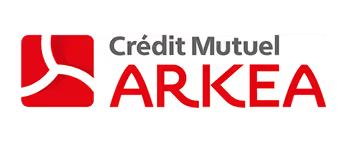
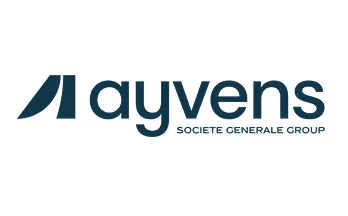
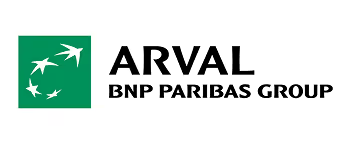
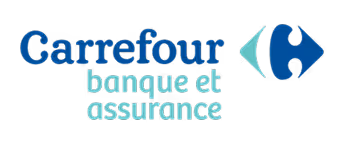
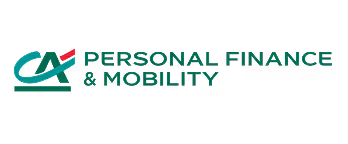
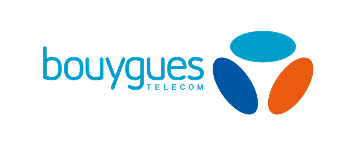

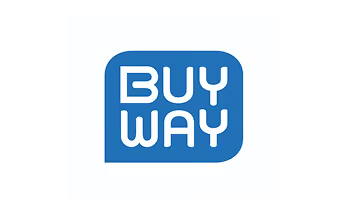
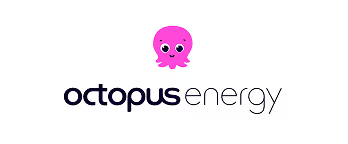



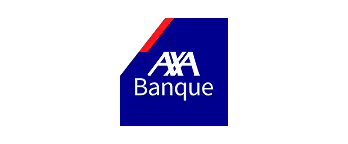
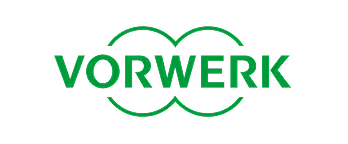
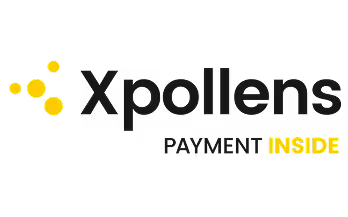

Thoughtful solutions
for instant decisions
Identity verification
Individuals: Is your customer who they say they are?
AI + 400 cross signals to detect fraudsters, adjust your routes and control your costs
Real-time behavioral and documentary analysis.
Business trust
Usurpation of the leader? Is the company an empty shell or a scam? Are the financial elements reliable?
AI double scoring: Company trust + Representative identity
Analyze a business with over 100 checkpoints in under 5 seconds
Bank data analysis
Individuals & professionals: Who will really pay?
Meelo retrieves and categorizes your customers' banking data in real time via open banking (DSP2) or in account statements (OB like) for maximum automation.
IBAN recovery at the source, financial behavior and solvency risk score.
100%
focus on compliance, RGPD compliant, IT security
8 countries
Internationally
Our clients
They are leaders
in their industry.
Your partner, not just your solution.
At Meelo, our teams support B2B and B2C organizations on complex relationship entry paths, with high business and regulatory challenges.
At Meelo, each customer has a dedicated contact person. Henri, Sarah, Delphine, Faustine... You have their direct contact. They know your job and support you on a daily basis. Our expert support answers all your questions in less than 5 minutes, by chat or phone. Unlimited continuing training courses included: at the start, at each recruitment, at each novelty.
Our teams master the specificities of each sector (banking, leasing, leasing, insurance, energy, HR, etc.) and help you make the right decisions, adapted to your reality on the ground.
How Meelo helps you decide
You start the analysis with only 4 pieces of information
In API, in batch or on the portal, without IT adherence
Meelo cross-references data in real time
Crossing of +400 sources (KYC), legal and financial data (KYB), bank flows (Solvency) in real time
Scores and alerts identify risks
Adapt your journey to the risk of each customer
Conformity of the decision?
Our models are based on responsible and explainable AI
Des cas d’usage concrets, adaptés à vos enjeux
They take better
decisions with Meelo

÷ par 12
The risk of fraud

€1.8 MILLION
saved in 2 years

Develop the business
With open banking 20% more customers at constant costs

Reduced time to yes
Change from 48 hours to 10 seconds thanks to open banking

.jpg)

.jpg)